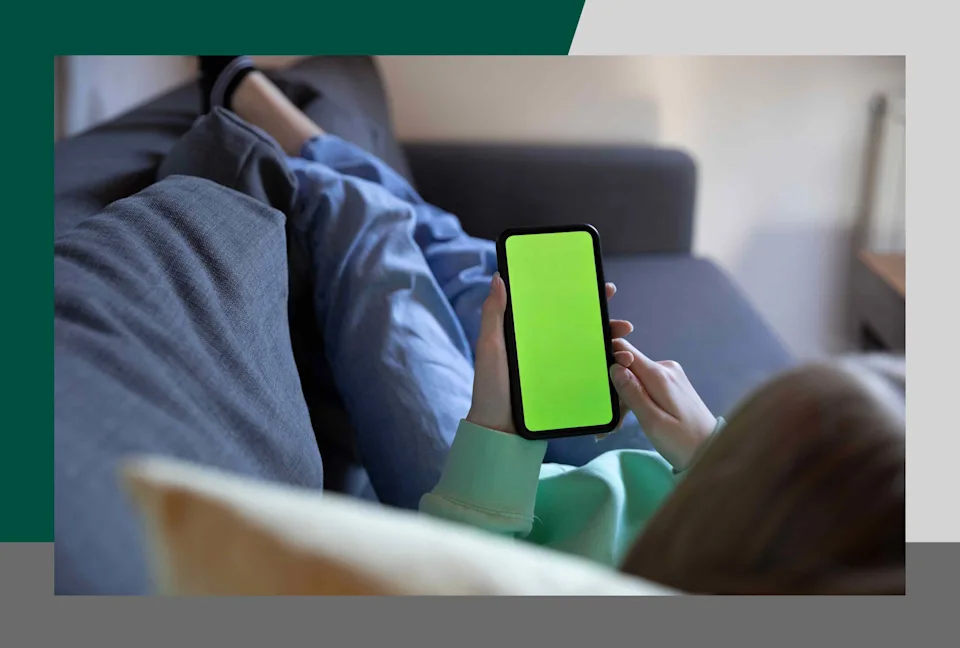Why Parents Should Focus on Screen Addiction Over Screen Time, Says New Study

📍Over 4,200 adolescents for 4 years revealed that 1/3rd became more addicted to social media by age 14.
📍 More than 40% developed video game addiction symptoms.
📍 Nearly a quarter showed signs of mobile phone addiction.
(Source: JAMA study on screen addiction and mental health in adolescents)
We’ve been focusing on the wrong metric entirely. Parents obsess over “2 hours vs 4 hours” while missing the real crisis unfolding in their homes.
The study found that kids describing themselves as “feeling unable to stop, needing more to feel good, or becoming irritable without it” had significantly higher risks of anxiety, depression, and suicidal thoughts.
Think about that for a moment. We’re not talking about heavy usage – we’re talking about genuine psychological dependency.
When your 8-year-old has a complete meltdown because the WiFi goes down, that’s not about screen time limits.
When they sneak devices after bedtime, choose virtual friends over real ones, or can’t sit through dinner without reaching for a phone; that’s addiction.
As one expert put it: “Much like other types of addiction, screen time is the drug and children who chase the thrill or escape that screen time offers end up experiencing mental health problems like anxiety, depression, obsessions, poor anger management, and suicidal ideation.”
👉🏻 Here’s what’s really happening: We’re raising a generation that’s lost the ability to be bored, to sit with uncomfortable emotions, or to be alone with their thoughts.
The solution isn’t negotiating better time limits with an addicted brain. You don’t bargain with dependency; you break the cycle entirely.
Because some problems require more than good intentions. They require intervention.





